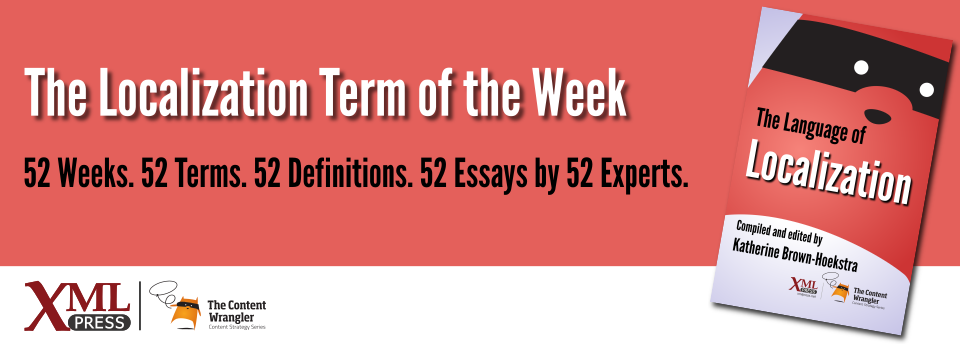What is it?
A character encoding standard that provides a cross-platform, uniform, and robust digital representation of the scripts for the world’s languages.
Why is it important?
Unicode has become the de facto way in which characters for the scripts of the world’s languages are represented in modern digital devices, meaning that Unicode is a prerequisite for all digital text.
